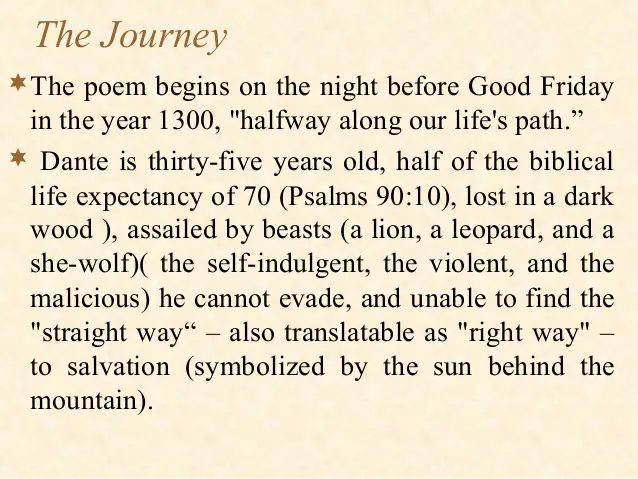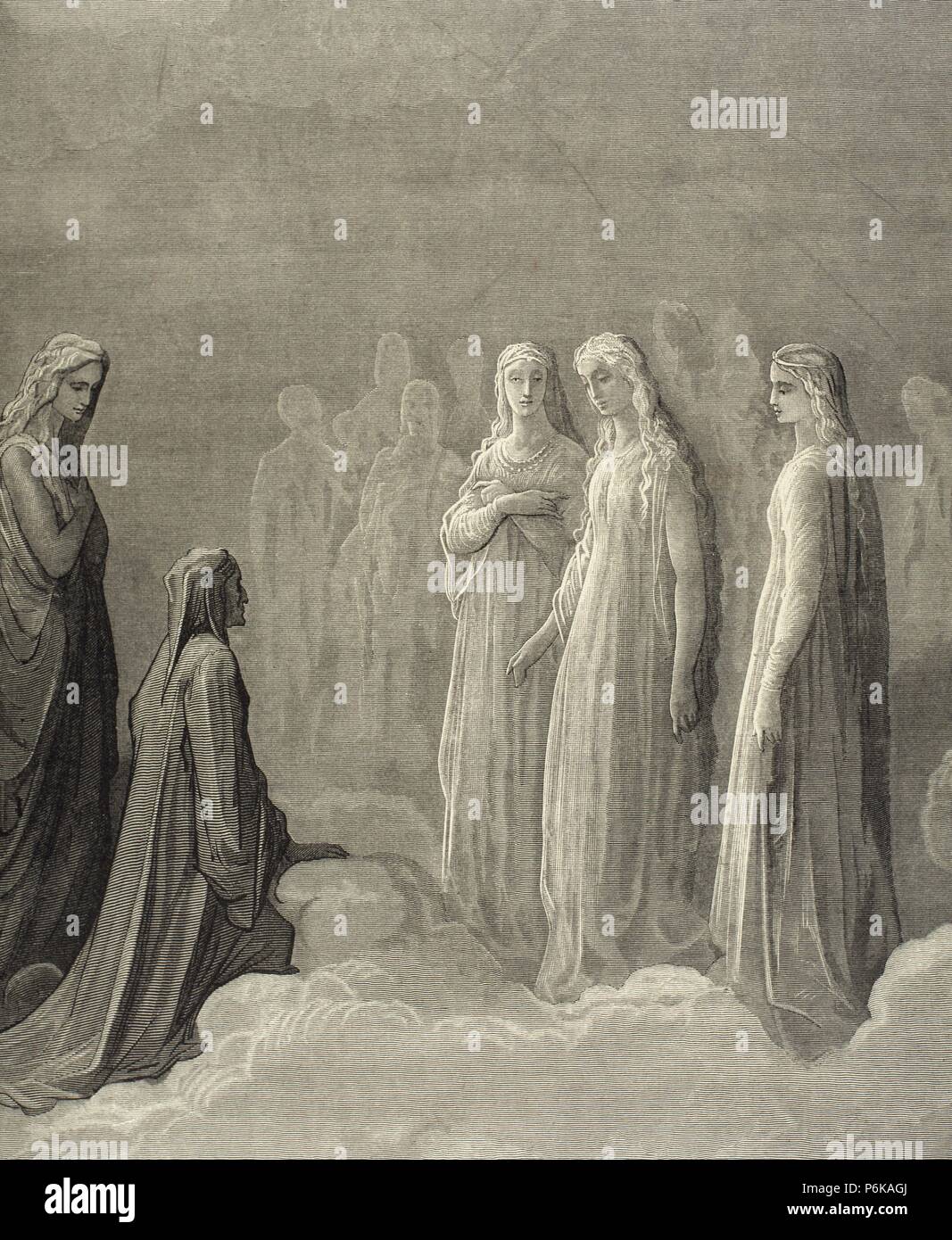


Unlike the Iliad, the Divine Comedy was produced from the lifetime's reading and bewildering personal obsessions of one man. It's madness, although there's some method in it. You create a version of the poem just for connoisseurs, or the especially patient.Ĭlive James, the legendary critic who is a much-published poet himself, has now produced his long-awaited English-language translation of the Divine Comedy, without any accompanying notes. If you remove it, you create a baffle to that clear speech. Nobody would deny the power of Homer's verse, but what good is power misapplied? Poems - especially old poems, most especially long old poems - lean heavily on context in order to speak to later ages they never imagined in their own time context is the air their readers breathe while they're admiring the sights. If you produce a translation of Homer without notes, you run the risk of watching your readers simply wander off in a fog of gods and demi-gods, baffled as to which local river god goes where. Purists might say 'the poem - any poem - should be able to stand on its own, to speak clearly without the crutch of notes' - but such purists are seldom translators. There is an astonishment, a certain mad arrogance (or even madder humility) in presenting an English translation of Dante's Divine Comedy to a 21st Century audience without any accompanying notes.


 0 kommentar(er)
0 kommentar(er)
